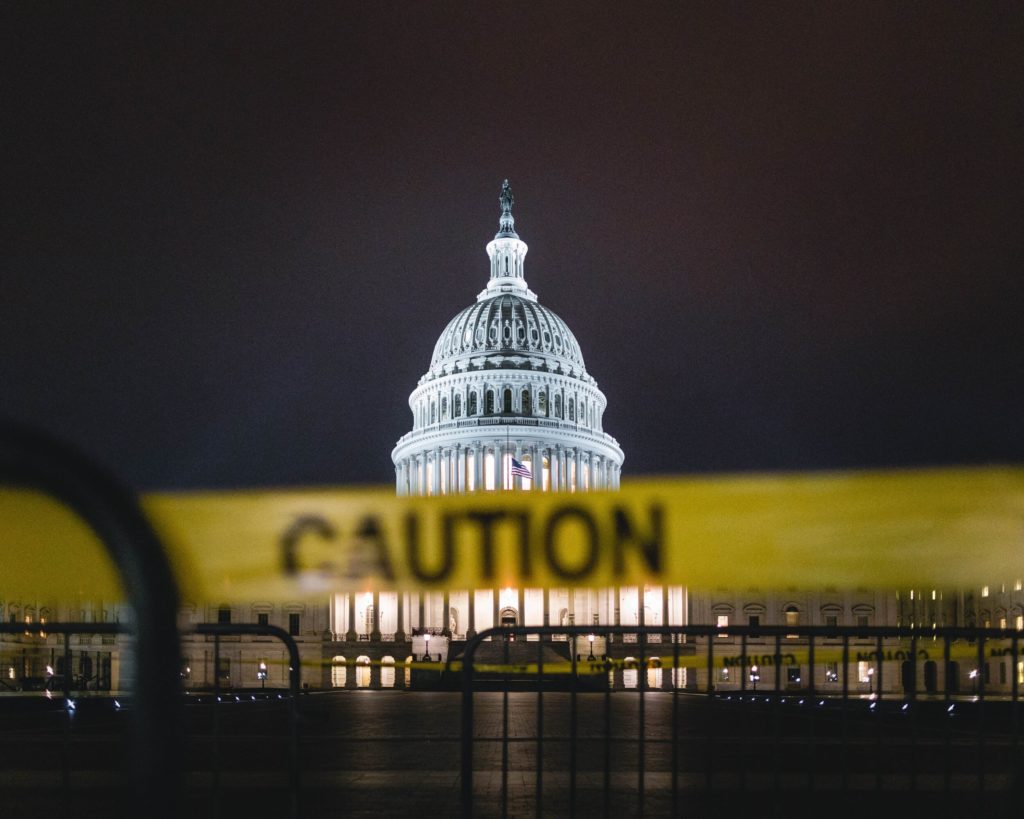
The year 2020 was hectic for everyone, especially for the U.S. postal service and election officials across the nation, who faced new struggles due to the presidential election and the pandemic. Many Pennsylvanians who haven’t had the desire or ability to vote before did so, and a significant number voted by mail, which was a new option for many voters last year due to Act 77. This law, passed in 2019, governs the state’s voting permissions and opened up the ability for more voters to cast their ballot through mail-in or absentee ballot by implementing “no-excuse mail-in voting.” All voters have the option to vote by mail and are able to apply for and submit their mail-in or absentee ballot 50 days before an election, the longest vote-by-mail period in the country. Voters who choose to vote by mail also have the option to receive annual mail-in ballots, which provides voters with these ballots for every election in the present year. Mail-in ballots can be submitted in-person at your local elections office or by mail.
This, in addition to other motivating factors, helped contribute to the drastic increase in people standing up for what they believe in and doing their civic duty to vote. While about half of the U.S. population that did vote got the victory they were hoping for, the other half was not happy. They were convinced (and some still are) that the election was not run fairly. There were many claims of voter fraud, but not enough proof to back their claims.
To cut back on voter fraud and to make sure that future elections are run more smoothly and fairly, Republican legislators introduced HB 1300, the Voting Rights Protection Act. The contents of the bill
-
Require every voter to present ID at the polls
-
Allow counties to begin processing and counting mail ballots five days before Election Day (aka pre-canvassing)
-
Create six days of in-person early voting, beginning after the 2024 presidential election
-
Allow ballot drop boxes for seven days before Election Day (This would be a limited number of drop boxes per area, based on the area’s population)
-
Would move the deadline for requesting mail-in ballots to 15 days before Election Day (from seven)
-
Allow voters to fix or “cure” mail-in ballots with missing signatures
-
Ban counties from accepting private donations for election administration
-
Include state funding for covering the cost for counties to buy electronic poll books
-
Require the PA Department of State to cover half the cost of early vote centers
Seth M. Grove, who is the prime sponsor of this bill, proposed to require counties to use automated sorting or extracting machines with signature verification capabilities, which the state would pay for, to process the mail ballots. Votes can be counted, but totals won’t be published until after polls close on Election Day.
While this bill and its contents may appeal to some, perhaps even the majority of people, Governor Tom Wolf made it clear before the bill passed in both the Senate and the House that this bill would create unnecessary barriers for both registered and unregistered voters in the state of Pennsylvania.
The bill would also eliminate the annual mail-in ballot option. Voters would still be able to vote by mail-in ballot, but would have to apply and wait for a mail-in ballot before every election, making it a bit more complicated and stressful for voters choosing to vote that way. Having the option to receive annual mail-in ballots for each election without having to reapply for one puts less stress on voters, election officials, the election office, and the postal service.
HB 1300 would remove the option for voters to visit their county elections office to apply for, receive, and submit mail-in ballots all in the same trip. This would be a problem for those of us who live very busy lives. There are many voters who work multiple jobs every day, work long hours, and/or have children. Eliminating this option would result in a much lower voter turnout for working class people. Not everyone has the capacity to go to the polls and vote in every election.
Lastly, this bill was slated to move the deadline to register to vote to 30 instead of 15 days before an election. The present rule of having only 15 days before an election to register is already among the most restrictive in the nation; moving this to 30 would ultimately reduce the time a person has to register to vote by 15 days.
As a state we should not be adding these barriers and making voting in Pennsylvania more complicated. That is not “Protecting Voting Rights”. This bill was introduced in order to complicate the process and thereby prevent a certain population or demographic from being able to exercise their right to vote. Governor Wolf did veto the bill, and now it is up to the legislators to go back to the drawing board and ensure everyone in our commonwealth has an accessible way to vote.
